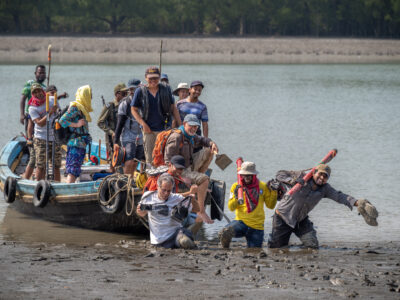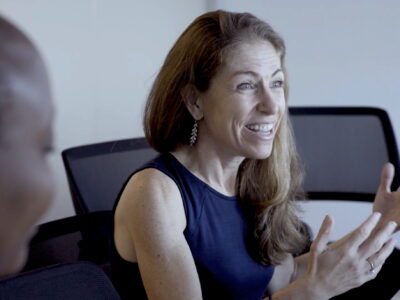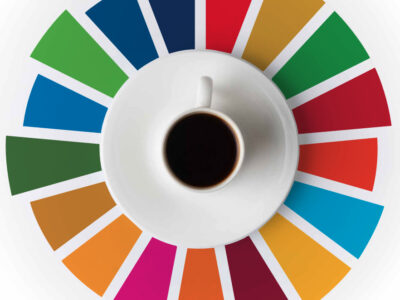By André Corrêa d’Almeida
Jordanians and others in the Middle East confront the enormous challenges of rapid population growth, climate change, poverty, inequality and environmental degradation. These issues intertwine in many ways, for example, climate change often disproportionately affects poor communities; and while alleviating poverty, economic opportunities may also put greater stress on the environment.
Government and private-sector officials involved in economic development need a broad range of skills to address these complex issues. Throughout 2011, the Earth Institute worked with the Institute of Sustainable Development Practice in Amman, Jordan to present a series of trainings to equip policymakers and development practitioners in the region with the necessary skills.

In December, we worked extensively with 35 participants in Amman, including representatives from government ministries and national and local non-governmental organizations. The program combines theory, practical case studies, field-based activities and extensive group work to ensure that the participants leave with tangible new skills and build strong networks for collaboration with their peers.
Omar Al-Hmoud from the Institute noted, “Sustainable development is about the exchange of experiences. It is great to have the Jordanian practitioners learn from international best practices in sustainable development, and come together at the Institute to learn from each other’s experiences, breaking down barriers.”
Participants took part in “core modules” such as integrated approaches, project management, negotiation and conflict resolution, business development, economic development, poverty and inequality, and methods in monitoring and evaluation. Ten days of core courses are followed by 30 hours of specialized workshops in the subjects most pertinent to the region (e.g., media and development, monitoring and evaluation, participatory approaches and business development).
In one session, the Earth Institute climate risk mitigation researchers Shiv Someshwar and Kye Baroang led a workshop on climate action priorities in which participants assumed the perspectives of different stakeholder groups (energy, water, finance, and agriculture) and were challenged to determine how to invest in infrastructure for the coming years, considering climate scenarios projected 30 years into the future.
This is the sixth round of trainings that have been conducted in Jordan since the Institute was launched in December 2010 by Columbia University, the Jordanian Ministry of Planning and International Cooperation, and the Columbia University Middle East Research Center. In total, 200 participants from more than 30 different organizations attended the 2011 training program.
The Earth Institute’s Center on Globalization and Sustainable Development is working with the Jordanian Ministry of Planning on policy advising, practitioner skill building and collaborative NGO network development in support of poverty reduction strategies at both the national and local levels. Jordan seeks to position itself as a leader in sustainable development in the Middle East and North Africa regions, and these trainings support that goal by allowing the country to build a base of knowledgeable, savvy practitioners who are equipped to tackle the complexities of the work.
For more information, please visit the Integrated Approaches to Sustainable Development Facebook page or the Jordan project on the website of the Center on Globalization and Sustainable Development.
André Corrêa d’Almeida is the coordinator of Executive Education for the Center on Globalization and Sustainable Development, and serves as a professor and program manager for SIPA’s Master’s in Development Practice program at Columbia University.



